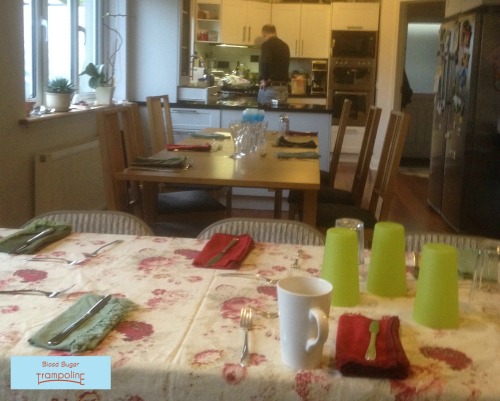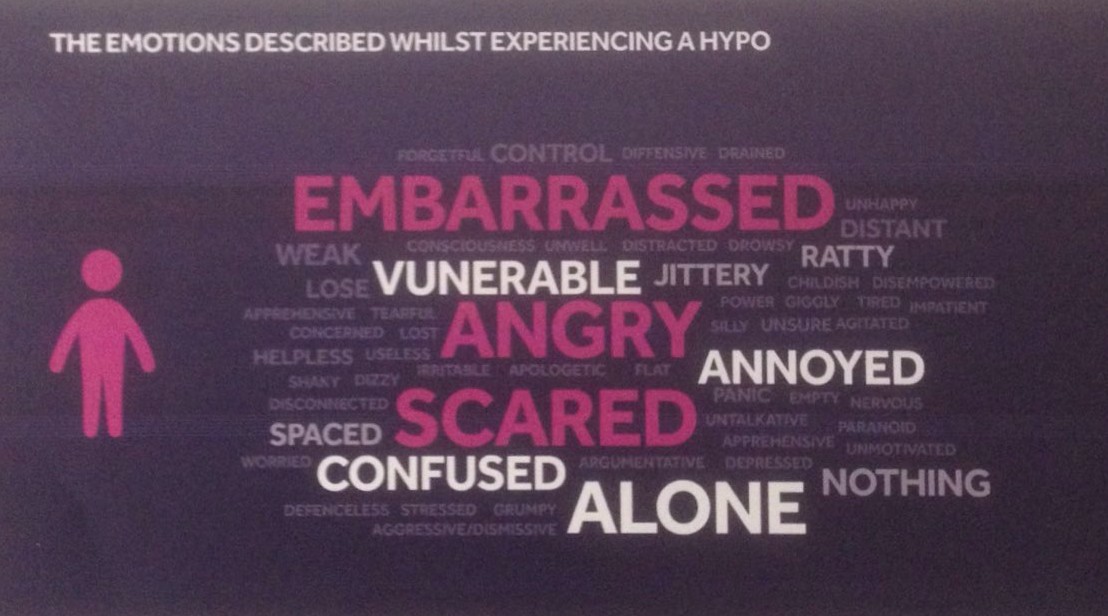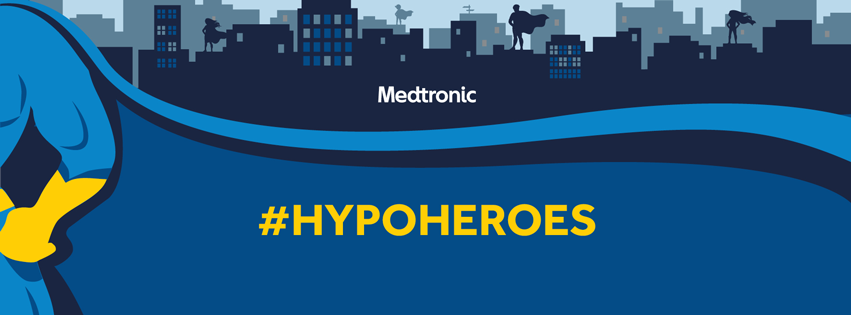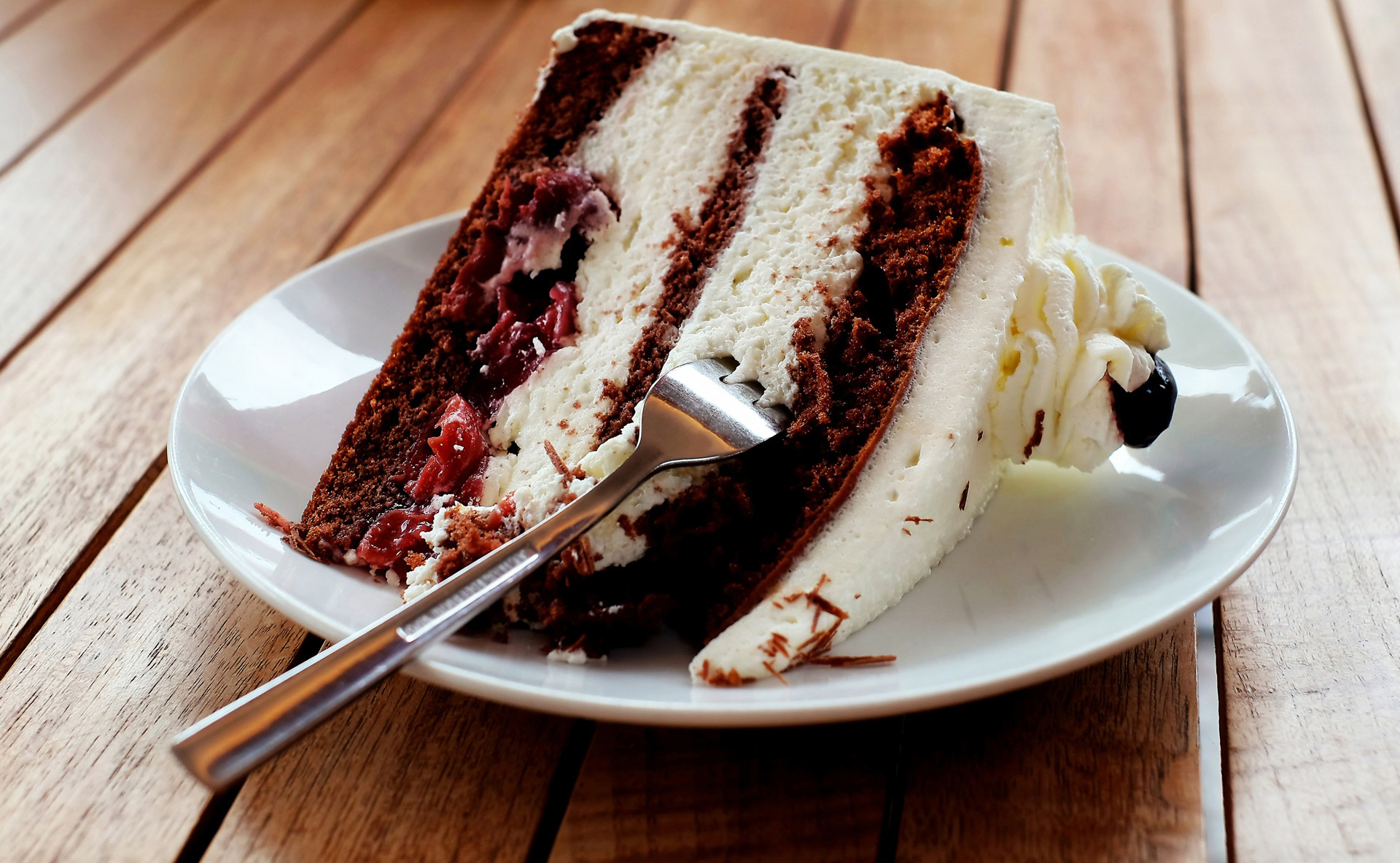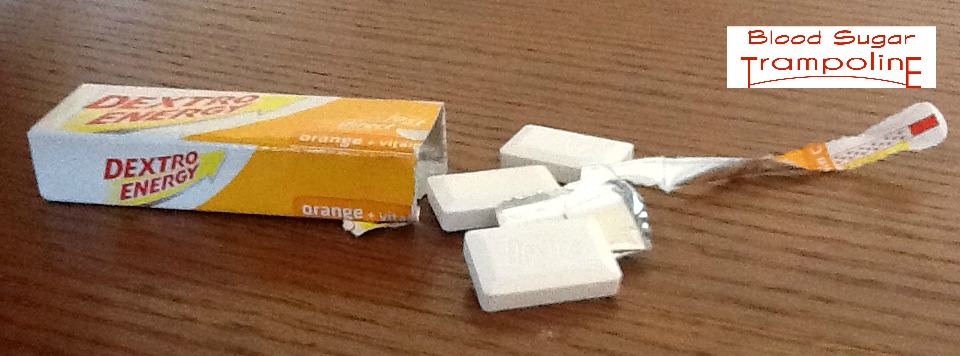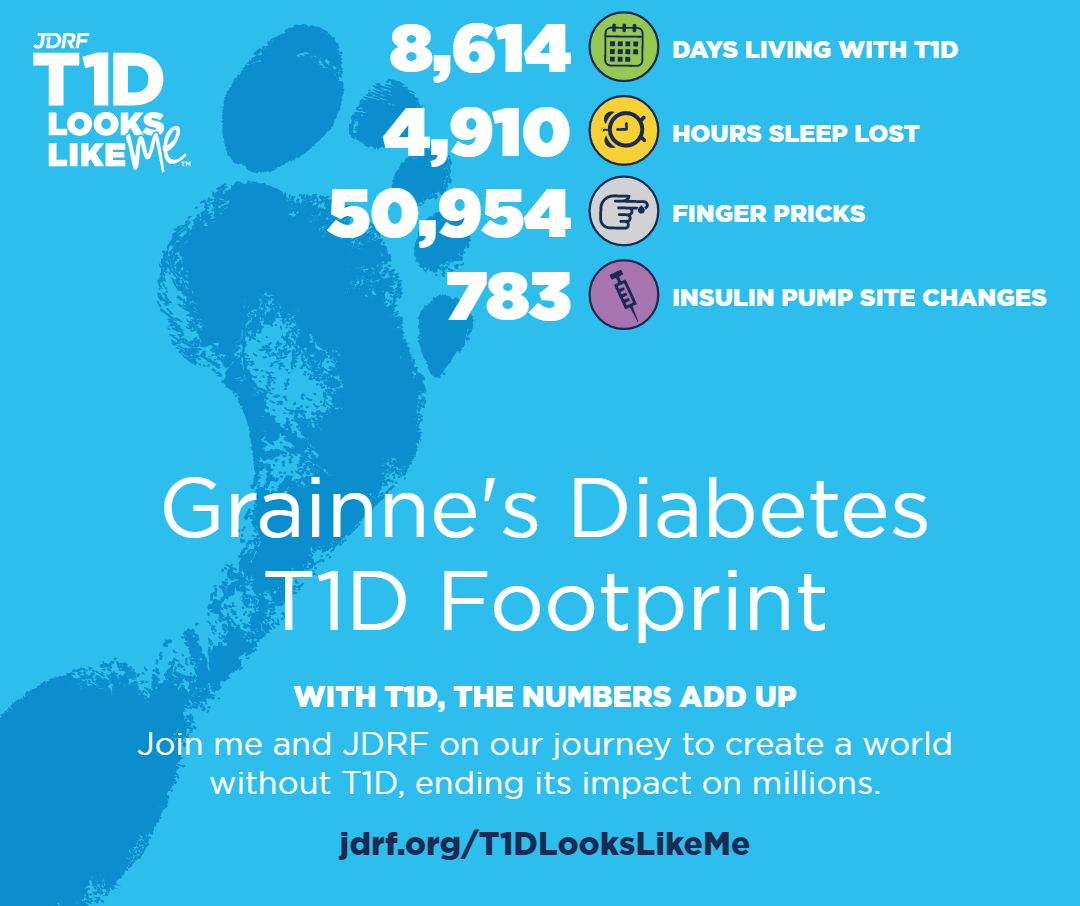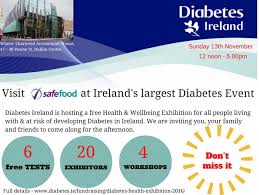I was 20 years living with type 1 diabetes before I hit THE wall. The wall where I was done with it! Every blood glucose test was a nightmare, and no amount of insulin brought my blood glucose levels down to a respectable number. I’d had enough of diabetes and it needed to go away RIGHT NOW!
You may not know what I’m talking about, if you are one of those people who just gets on with diabetes management, without feeling an overwhelming mental burden, you are lucky. But I’m asking you to continue reading, just in case you ever do hit a wall such as this. Maybe not a big or hard wall. It could actually be more of a “I just don't feel like getting out of bed today but I have to, so I will” wall. But if that day turns into a week and then maybe a month. It may affect your diabetes, even if it’s not related to your diabetes.
If this happens to you, you have to figure out a way to get around it, over it or through it and that needing help is not a failure in your capacity to manage your diabetes.
Four years ago, the only thing that kept me holding on and got me out of bed each morning were my children, my amazing husband and being an active member of the Irish Diabetes online community.
They didn’t even know that they were holding onto my hand so tightly so that I didn’t fall off the cliff and plummet to my death. But they were! Well maybe my husband did but no one else knew.
My story is long and I've written it countless times before but now seems like the right time to publish.
Four years ago, at 19 weeks pregnant with our much longed for third baby, I was told, very compassionately, by the doctor, who performed a foetal anomaly scan, that my baby’s brain had not fully formed and that the condition was “not compatible with life” and that my baby’s heart was not beating any more, and it broke me. I didn't know it then, but it was going to be a long time before I would be fixed again.
I could give you all a day by day account of what happened between that day, the 19th May and the early morning hours of the 25th May when our baby boy came into to world sleeping. But I won’t. I will just tell you about the nurses who took care of me, who cried with me and helped me get through those first few days. My husband who held my hand and helped me breath through the labour pains. And my endocrinologist who told me that under no circumstances was I to blame myself or my diabetes, that I was to forget about my diabetes for three months and then she would help me get back from where I was lost.
My Wall was grief. I made it through the physical healing stage, where simple, everyday tasks, such as driving the children to school or just being alive and breathing, were extremely difficult to accomplish. I don't know how many times I nearly drove into the car in front of me. This lasted about two months, then functioning became easier but a fog of sadness descended and it would not lift.

Not only was I struggling with my grief but I was struggling with losing the dream of adding to our family. I was now 40, pregnancy was not going to be easier, I was older, with type 1 diabetes. How high risk was too high of a risk? This was the first time ever that diabetes was influencing my decisions. My brain was a spaghetti junction of thoughts going backwards and forwards of “to hell with it” and “no, it not worth the risk”.
In the following months, it became easy to smile on the outside but inside my heart was broken and I was just sad. Extremely sad. All of the time. I had panic attacks, but I didn't know what they were at the time. I couldn't sleep. However, I did all of the things that were habit in looking after my diabetes - I never once stopped taking care of it. But my diabetes was not behaving and was having a full blown tantrum, like it was the child I lost. In hindsight, I feel that it was telling me that it wouldn’t behave until I took care of what needed to be taken care of; my head and my heart.
I knew that I needed to talk to a professional. I knew that my diabetes was very much out of control and that I couldn’t risk allowing it to continue that way. But it was 16 months after we lost MJ, that I found someone to call, recommended by a very good friend.
I remember calling her and making the appointment vividly. Because she said that I had overcome the biggest challenge; making the call. That the next steps wouldn't be so difficult. She was right. I felt that I had taken my first step back to finding my “happy” again. I felt like a little patch of fog had cleared to let one ray of light in. And, I kid you not, after months and months of crazy blood glucose bouncing around, they fell into a decent pattern again from that day.

Living with type 1 diabetes requires a lot of mental energy and if your brain is dealing with a trauma, stress, anxiety, grief and sadness, doesn’t it stand to reason that you’ve got nothing left for diabetes? And...your diabetes doesn't like to feel neglected and ignored.
If your head in not in a good place, you may not be able to put your diabetes in a good place. Diabetes is challenging enough at the best of times. Your mental health matters! And it matters to your diabetes!
So, there may be a day, a week, a month and maybe more where you may feel this. And these are the things it might help to know;
- Mental health isn’t always about being diagnosed with a condition, disorder or illness. It is about your emotional well being. Every single one of us will experience tough times in our lives and sometimes we will not know how to make it through those tough times.
- If the feelings of “the blues” continue for weeks then it's a thing that must be dealt with.
- Taking care of your diabetes is about taking care of your mind and well as your blood sugars.
- Know that talking to someone will help. “A problem shared is a problem halved”
- Know that, sometimes, your nearest and dearest; your parents, your family, your friends, even your husband may not be the best people to talk to. You won’t be completely honest with them about how you're feeling because you don’t want them to worry about you more than they already are. They want to protect you and you want to protect them.
- You may have to pay someone to listen to you. But guess what? They don’t judge! They don’t say “snap out of it” or ask “how can I help” when you don't know the answer. They actually have a degree of some sort in how to get you to figure out how to help yourself!!! Yeah!
- That the stigma attached to seeing a mental health professional is nothing compare to the hopelessness, the exhaustion of diabetes, the depths of despair or sadness that you feel now.
Ask for help! It is there. And here are some good places to start;
Jigsaw
Your Mental Health
Spunout.ie
And lots more.
